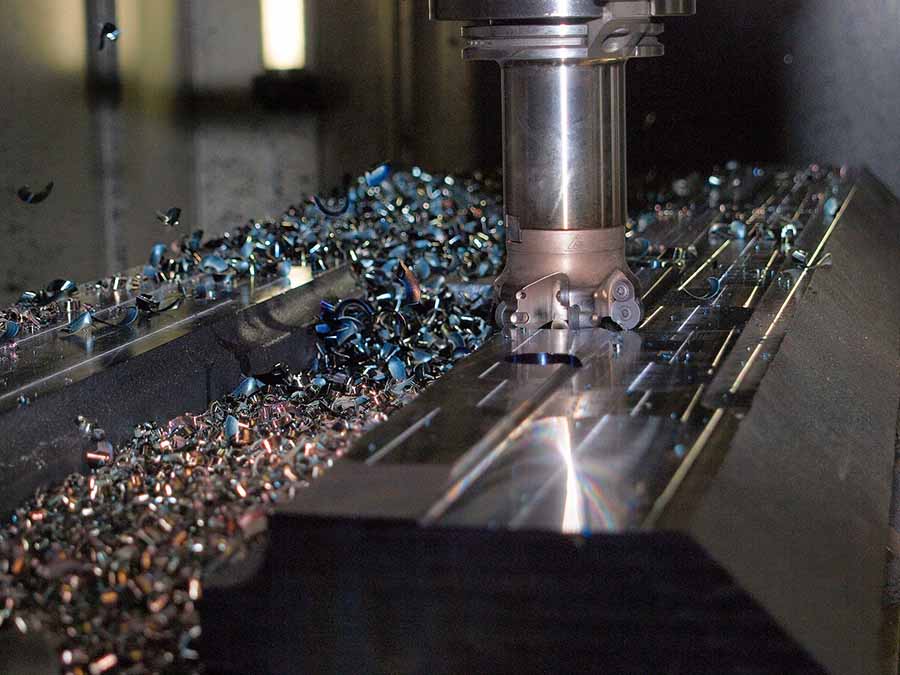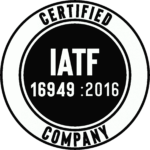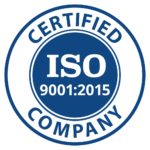Milling
Milling is a fundamental machining process used to shape solid materials by removing excess material from a workpiece with rotary cutters. The milling process involves the use of a cutting tool that rotates at high speeds and is brought into contact with the workpiece to create various geometries, contours, and features. It is a highly versatile process capable of producing precise and complex components with tight tolerances.

Milling Machine
Turning operations are performed on a lathe, which is a machine tool that rotates the workpiece on its axis while a cutting tool is applied to the workpiece to remove material. Lathes come in various types, including:
- Vertical Milling Machine: This machine has a vertically oriented spindle, making it suitable for vertical milling operations such as face milling and end milling.
- Horizontal Milling Machine: With a horizontally oriented spindle, this machine is ideal for horizontal milling operations like slab milling and slotting.
- CNC Milling Machine: Computer Numerical Control (CNC) milling machines are programmable machines controlled by computer programs. They offer high precision and repeatability, allowing for intricate and automated milling operations.
Milling Operations
Turning can be used to perform a wide range of operations, including:
- Face Milling: Creating a flat surface at the end of the workpiece.
Peripheral Milling: Removing material from the periphery of the workpiece to form external shapes and contours.
Slot Milling: Cutting slots or grooves on the surface of the workpiece.
Pocket Milling: Creating cavities or pockets in the workpiece for recessed features.
Profile Milling: Producing complex profiles and shapes on the workpiece.
Drilling: Creating holes in the workpiece using specialized milling cutters.
Thread Milling: Cutting threads on the surface or inside holes of the workpiece.
Advantages of Milling
Precision: CNC milling machines offer high precision and accuracy, ensuring tight tolerances and excellent surface finishes.
Versatility: Milling can produce a wide range of part geometries and sizes, from simple flat surfaces to intricate three-dimensional shapes.
Efficiency: Milling is a highly efficient process, capable of producing large quantities of parts with consistent quality and minimal material wastage.
Complexity: Milling can create complex shapes and features that are difficult or impossible to achieve with other machining processes.
CONTACT SIMIC MANUFACTURING
With our extensive experience and advanced machining capabilities, we provide reliable solutions for your manufacturing challenges. From prototyping to production, we are committed to delivering superior quality, efficiency, and cost-effectiveness in every project.
Feel free to contact us for a win-win future!



